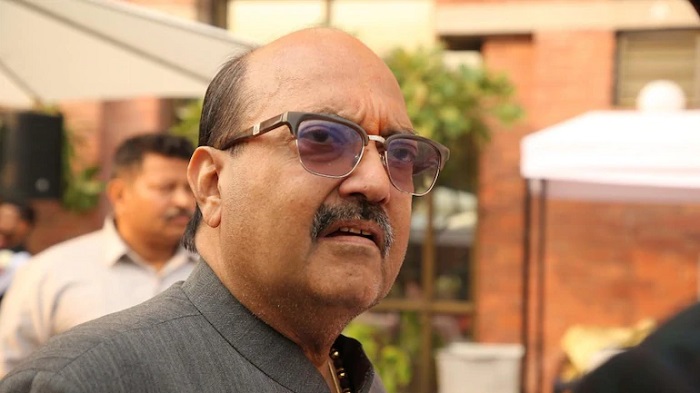
New Delhi, June 4: It was due to a civil society struggle that the government only last year removed the bar on outsiders from participating in the social audit of projects executed under its showcase legislation of MGNREGA. Barring Andhra Pradesh, no state has so far implemented this reform. Yet, in its report for the ongoing universal periodic review (UPR) before the UN Human Rights Council, India cited the social audit clause in MGNREGA as an example of its policy of involving civil society in governance.
"States have reported that social audit has been conducted in 91% of the Gram Panchayats. 2,44,000 reports on social audit have been uploaded on the MGNREGA website," the government said, although the social audit in most of those cases had been conducted without the involvement of a civil society group or independent agency.
This is only one of the dubious claims made by India in a bid to downplay its failure to meet a lot of the commitments it had made at the end of the earlier UPR four years ago in Geneva. The council adopted a draft report on India's second UPR on May 30, comprising 169 recommendations on a range of human rights issues raised by 80 countries.
The issue that drew the greatest attention was India's failure to keep the promise of ratifying the UN convention against torture (CAT). This predicament was caused by India's attempt to get away with the enactment of a weak law, as a prelude to its ratification of CAT.
After Lok Sabha passed the Prevention of Torture Bill in 2010, Rajya Sabha, yielding to demands from civil society, referred it to a select committee. Though the committee's report suggesting improvements came in December 2010, the government's justification for the continuing stalemate on the Torture Bill was that the proposed amendments "are currently being examined".
India betrayed even greater disregard for its promise to ratify the UN "convention for the protection of all persons from enforced disappearances". With this, unlike in the case of CAT, the government has so far come up with neither a legislative measure nor any other step towards ratification. Though the Indian legal system is notoriously prone to illegal detentions, the government just said that it was still "studying the extent of changes in the domestic laws" it would need to make to comply with this international obligation.
Another controversial claim made by the government was on the first UPR's recommendation to maintain "disaggregated data on caste and related discrimination". While claiming that extensive data was available on dalits and tribals, the government skirted its failure to keep track of the atrocities committed against them across the country. This is in fact a statutory lapse because, under the Prevention of Atrocities Act, the government is required to table a report every year in Parliament. The last annual report tabled by the government on caste atrocities was of 2008, the year in which the recommendation for maintaining disaggregated data had been made by the earlier UPR.
The recently enforced right to free and compulsory education up to the age of 14 has proved embarrassing because of its anachronistic labour law allowing child labour from the same age. The government, however, said given the socio-economic conditions in the country, the time was not ripe for banning child labour or ratifying the ILO conventions under which the minimum age for employment was 18.
Other human rights issues on which India has been on the defensive included its failure to break the deadlock on enacting a law against communal and targeted violence, to strengthen legal mechanisms related to sexual violence and human trafficking, to impart human rights training to the police, to establish a moratorium on death penalty and to address iniquities based on the rural-urban divide.






Comments
Add new comment